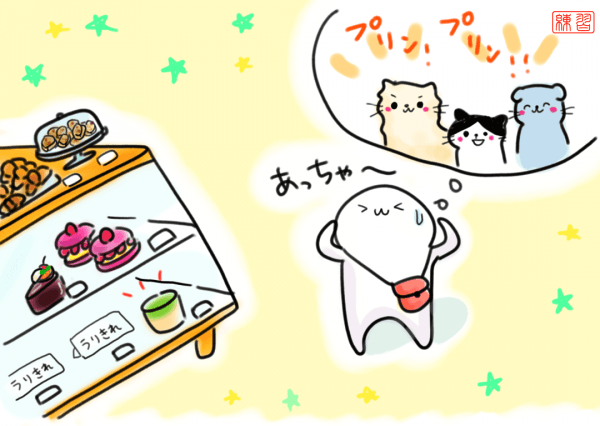Only A; no more than A
- Only A; no more than A
- There's only A; Only A can be done; Only A (of many methods)

プリンが一つしか無い!もっと欲しいよ!
There's only one pudding! I wanted more!
27
緊張しすぎて、オヤジギャグしか言えません。
I'm too nervous: all I can say are dad jokes.
0
34
済みませんが、日本語の名刺しか持って居ないんですけど。
Sorry, I only have a Japanese (-language) business card.
0
26
欧羅巴に一回しか行ったことがありません。
I've only been to Europe once.
0
41
作文を一枚しか書きませんでした。
I've only written one page of the essay.
0
Getting the sentences
Construction
(Elements in parentheses are optional.)
Basic Examples:
一つしか無い (there's only one)
Notes
This is used when the given amount is less than normal/average.
Related Expressions
だけ
Where this grammar is found
Grammar usage notes
in contrast with だけ, this pattern confers regret for the small amount, whereas だけ is more neutral. For example, 1人しかパーティーに来なかった would show sadness that only one person showed up at the party, whereas 1人だけパーティーに来た shows no emotion.
Putting emphasis on the negativeness. Similar to "not more than" or dont (verb eg:hold) more than (noun eg:1000yen).
can be similar to shikata nai - no other way
Questions/Discussion
Nothing posted yet!
There's only A; Only A can be done; Only A (of many methods)
- Only A; no more than A
- There's only A; Only A can be done; Only A (of many methods)
41
思ったより早く着いたから店が開店為る迄待つしか無い。
As we arrived earlier than expected we now can only wait until the shop opens.
0
37
彼女に騙されて仕舞ったので別れるしか無いです。
I was deceived by her, so there is nothing to do but go our separate ways.
0
31
パソコンが壊れそうなので、此の手紙は手で書くしか無い。
The computer seems to be broken, so I have to write this letter by hand (that's all I can do).
0
16
この儘では家賃を払えない為、此の家を出ていくしか無い。
I can't pay rent as things are, so all I can do is vacate this house.
0
15
彼のことを好きになって仕舞ったから告白為るしか無い。
I've fallen for him so I'm left with confessing to him.
0
20
財布を忘れたから家に戻るしか無い。
I forgot my wallet so I have no choice but to return home.
0
7
弟子入り為たら、暫くは師匠の言うことに従うしか無い。
After you enroll in the apprenticeship, there's nothing you can do for awhile but follow what the teacher tells you.
0
6
生きていく為には、強い者に媚びるしか無かった。
We could do nothing but curry favor with strong people in order to keep living.
0
2
決めた以上、遣るしか無い。
Since you've decided, all you can do is to do it.
0
0
西瓜が大きいに付け小さいに付け、これ等を出荷為るしか無い。
Whether the watermelons are large or small, we've no choice but to ship these out.
0
4
今日はお母さんも出張だ為、夕飯は出前を取るしか無いな。
Mom's out on a business trip today, so we've got no choice but to order out for dinner.
0
3
大学に行きたいなら、猛勉強為るしか無い。
If you want to go to a university, all you can do is study extra hard.
0
14
今日は弁当を忘れたから、購買でパンを買うしか無い。
I forgot my lunch today, so I'll just have to buy some bread at the school store.
0
5
父は私が漫画を読むのを嫌がったので、隠れて読むしか無かった。
My father didn't like me reading comic books, so all I could do was hide and read them.
0
7
携帯電話の電池が無く成りそうだから充電為るしか無い。
The phone looks like it's almost out of power so I've got no choice but to charge it.
0
Getting the sentences
Construction
(Elements in parentheses are optional.)
Basic Examples:
我慢するしか無い (no choice but to suck it up)
Related Expressions
だけ
Where this grammar is found
Grammar usage notes
used in a situation where the speaker has no choice but to do something and implies the speakers unwillingness to do it.
Questions/Discussion
Nothing posted yet!